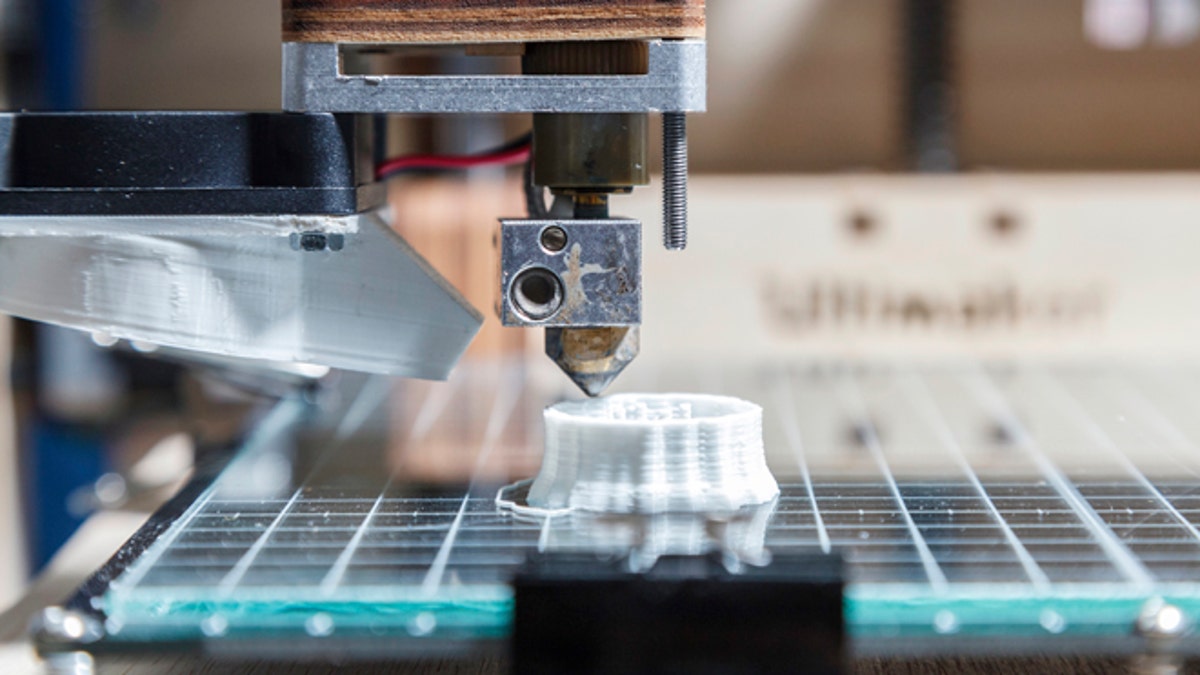
(© Sergi Lopez Roig)
The U.S. Food and Drug Administration has, for the first time, approved a drug that uses 3D printing technology, paving the way for potential customization of drugs to suit patients' needs.
The drug, made by privately held Aprecia Pharmaceuticals Co, was approved for oral use as a prescription adjunctive therapy in the treatment of epilepsy, the company said on Monday.
Spritam uses Aprecia's "ZipDose" technology, a delivery system that creates premeasured doses which disintegrate in the mouth with a sip of liquid.
3D printing could help companies make products "to the specifications of an individual patient rather than (take a) one-size-fits-all kind of approach," Wedbush Securities analyst Tao Levy said.
3D printers help make products by layering material until a three-dimensional object is created.
In the healthcare industry, these printers are used by dentists to create replicas of jaws and teeth as well as some finished dental implants and orthopedic surgeons have tested them to make customized hip replacements.
British scientists have also used 3D printing to create personalized replica models of cancerous parts of the body to allow doctors to target tumors more precisely.







































